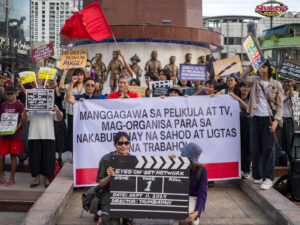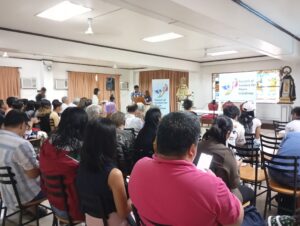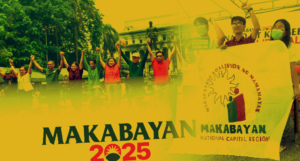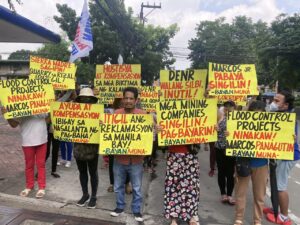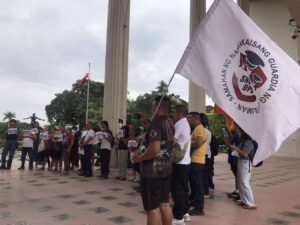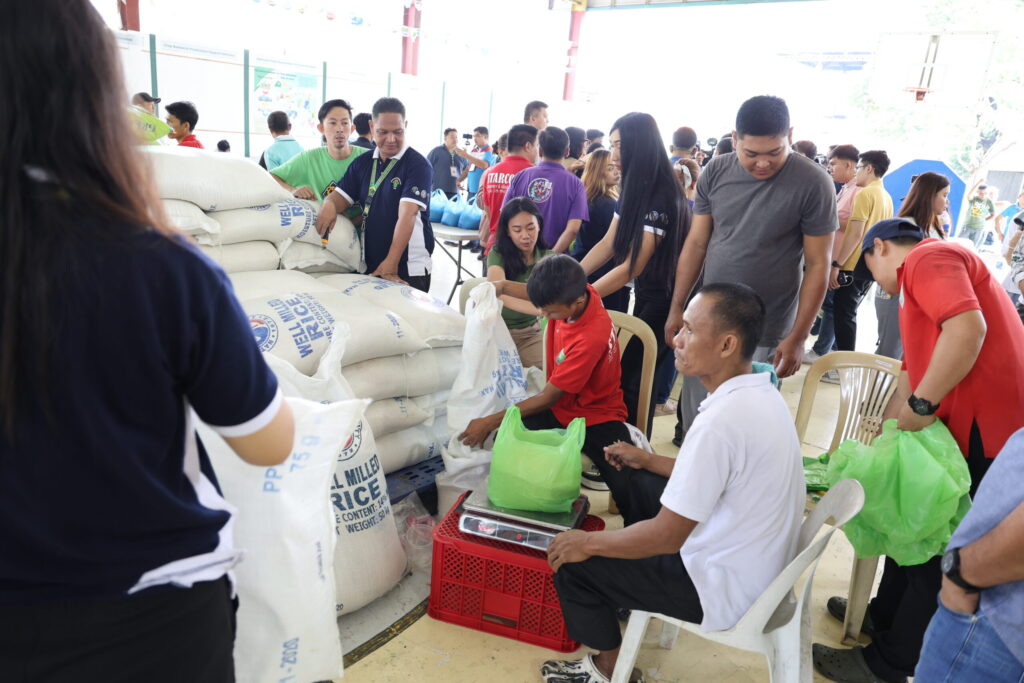
"Rice-for-all" scheme will not solve the rice crisis
The Kilusang Magbubukid ng Pilipinas (KMP) ridiculed the Marcos regime’s “rice-for-all” plan as a temporary and short-term solution to the rice crisis. The Marcos regime launched the scheme on August 1 in several Kadiwa centers in four cities in Metro Manila. Under this scheme, rice will be sold at a price of ₱45/kilo, with a limit of 25 kilos per customer. The scheme will sell-off mostly imported rice.
“How is this ‘for all’ if it’s only available at four Kadiwa stores instead of all public markets nationwide?,” KMP said. The group said this is no different from the ₱25/kilo scheme in 2022 and 2023, the ₱41 and ₱45/kilo price cap in 2023 and the Bigas ₱29. “These are mere band-aid solutions to a gaping festering wound,” it said.
“This is only palliative and not a genuine solution to increasing rice prices that we are experiencing,” according to Cathy Estavillo, Amihan general secretary and Bantay Rice spokesperson. The latest scheme relies on imports and the 15% tariff reduction, she said. “It is dependent on limited supplies and fluctuating world market price of rice.”
If the government is sincere in lowering the rice prices, it should focus on boosting local production. It should ensure adequate supply of local rice, buy local rice at a reasonable price and ensure its market price is affordable.
“NFA must buy rice in bulk directly from the farmers at the farm gate price of at least ₱20 per kilo to ensure farmers’ incomes. It is also very important to restore the mandate of the NFA to sell cheap rice in the markets to reach a wider number of poor consumers,” she said.
Farmer groups have since demanded the repeal of RA 11203 Rice Liberalization Law that tied the country to imports while the law failed to lower the price of rice to ₱25 per kilo as promised by those who pushed its enactment.
“The Marcos Jr government should be indicted and held accountable for continuing to implement the liberalization of agriculture, protecting the interests of big traders, importers and cartels, and for not having the power to regulate the price of rice in the markets which all worsen the state of self-sufficiency and food security of the country,” they said.


